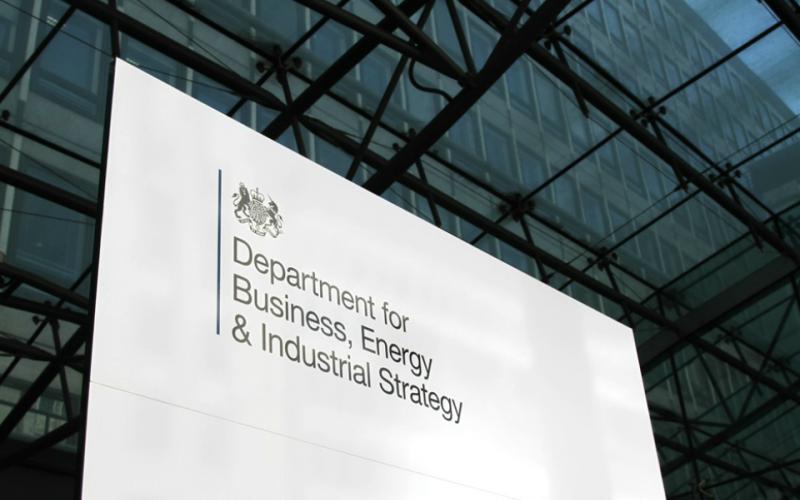In an effort to support future technologies, the Department for Business, Energy and Industrial Strategy (BEIS) has announced £65 million in funding.
Technologies including high-performance batteries for electric vehicles (EVs) and robotics for nuclear power and wind turbines will get a chunk of the funding. It forms part of the extension of the Industrial Strategy Challenge Fund, and will help the UK to build back better by transitioning to a low carbon economy, according to BEIS.
Science minister Amanda Solloway said the government wants to put the UK at the forefront of new technologies to create “high-skilled jobs, increase productivity and grow the economy as we recover from coronavirus”.
“This new funding will strengthen the UK’s global status in a range of areas, including battery technologies for electric vehicles and robotics, helping us develop innovative solutions to some of our biggest global challenges and creating jobs in rewarding careers right across the country.”
Of the total £65 million, nearly £44 million will go to developing batteries for EVs and wind turbines, with the potential for the technology to be used for things like electric aeroplanes as well. This funding will also be used to complete a first-of-its-kind UK Battery Industrialisation Centre in Coventry, West Midlands.
Organisations from across a range of industries including the automotive sector will have access to the facility, which will combine manufacturing, experimentation and innovation. It will also create 100 high-skilled jobs, helping to boost employment in the region.
This funding follows £73.5 million in grants announced by BEIS to support EVs and safeguard jobs from the impact of COVID-19 in June.
Challenge director for The Faraday Battery Challenge, Tony Harper, said: “In order for batteries to play their full environmental and economic role in achieving net zero we need to deploy at scale and build supply chains for today’s technology, shift from strong potential to commercial dominance in a new generation of batteries and continue to build world-class scientific capability to sustain us into the future.
“The announcement today confirms our commitment and determination to build on the hard-won progress the UK has made in the last 3 years on all these fronts and to accelerate progress post COVID-19.”
Beyond the battery funding, £15 million will go to universities, research organisations and business to build robots for inspecting, maintaining and repairing nuclear power plants and wind turbines. These robotics may also be used to address problems brought about by the pandemic, such as making contact free deliveries.
The rest of the funding will go to the Advanced Therapy Treatment Centre network, helping to accelerate patient access to advanced therapies like cell and gene based treatments.
In June, BEIS also announced £80 million in investment to help the UK reduce its carbon emissions from home and industry through “pioneering” technologies like heat pumps to “propel the UK towards a stronger, greener future”.






